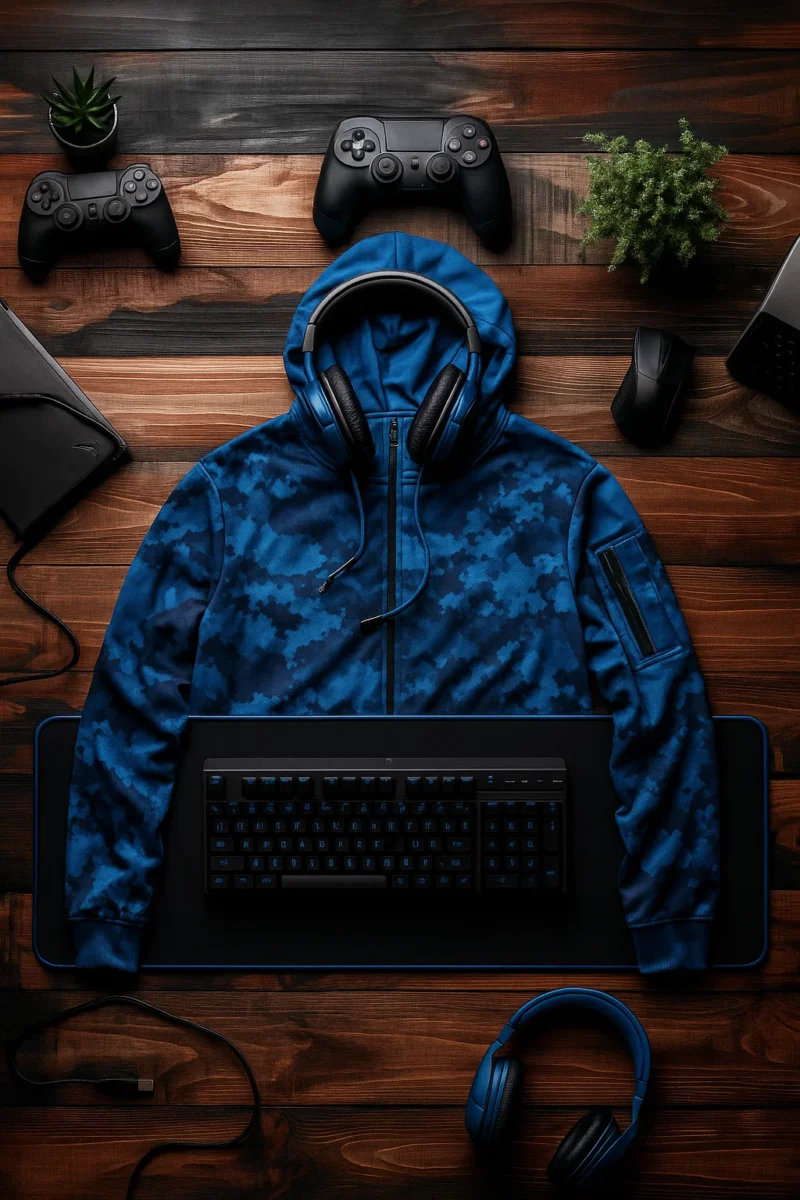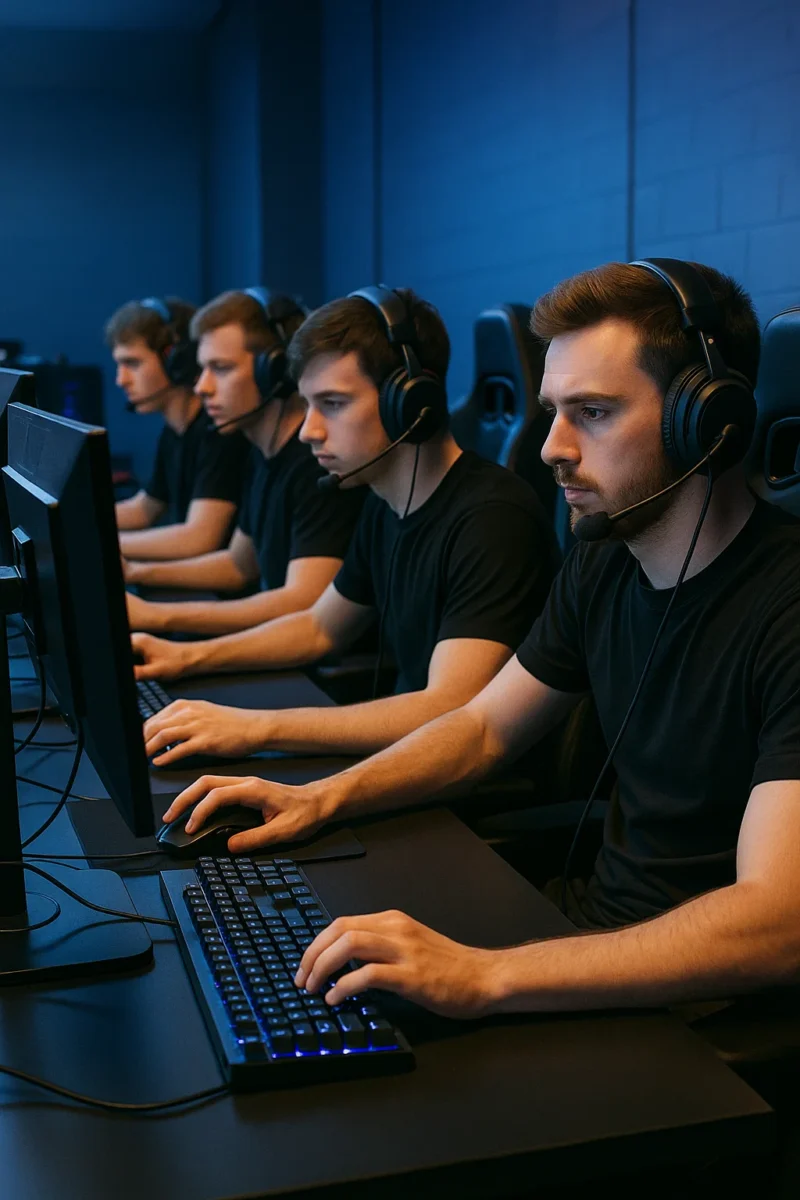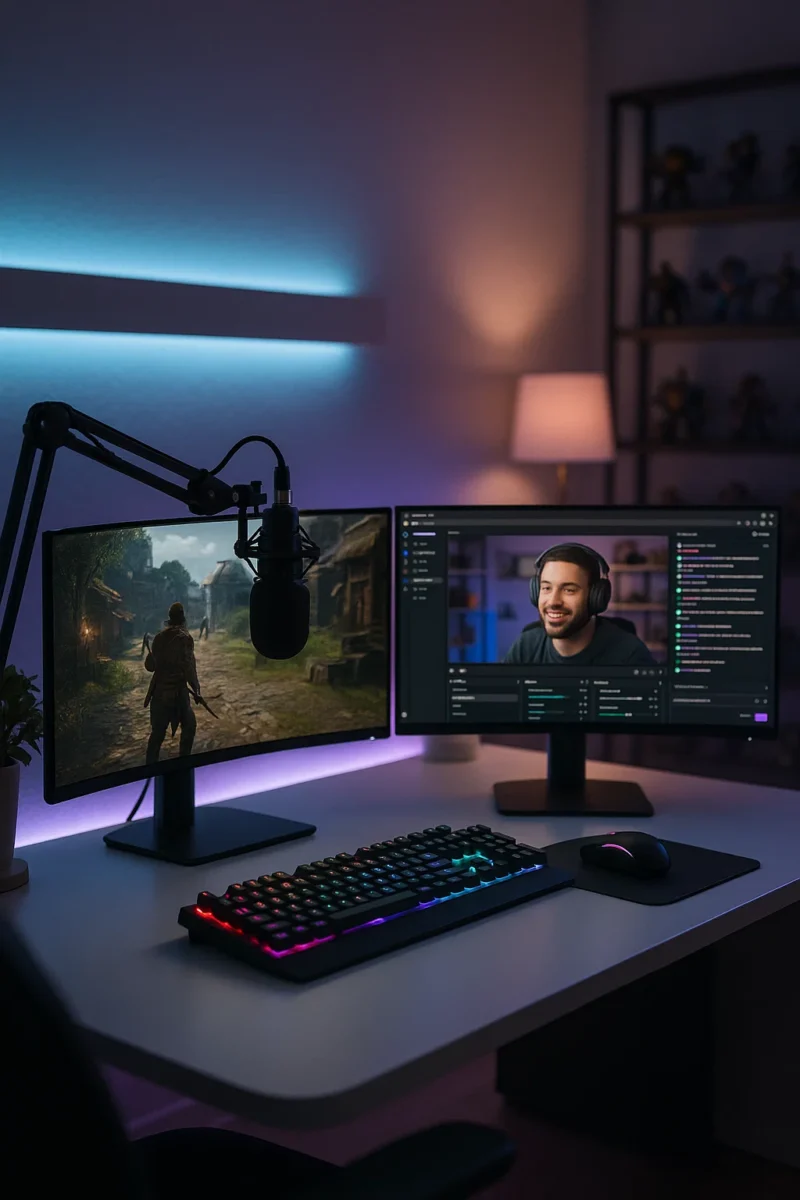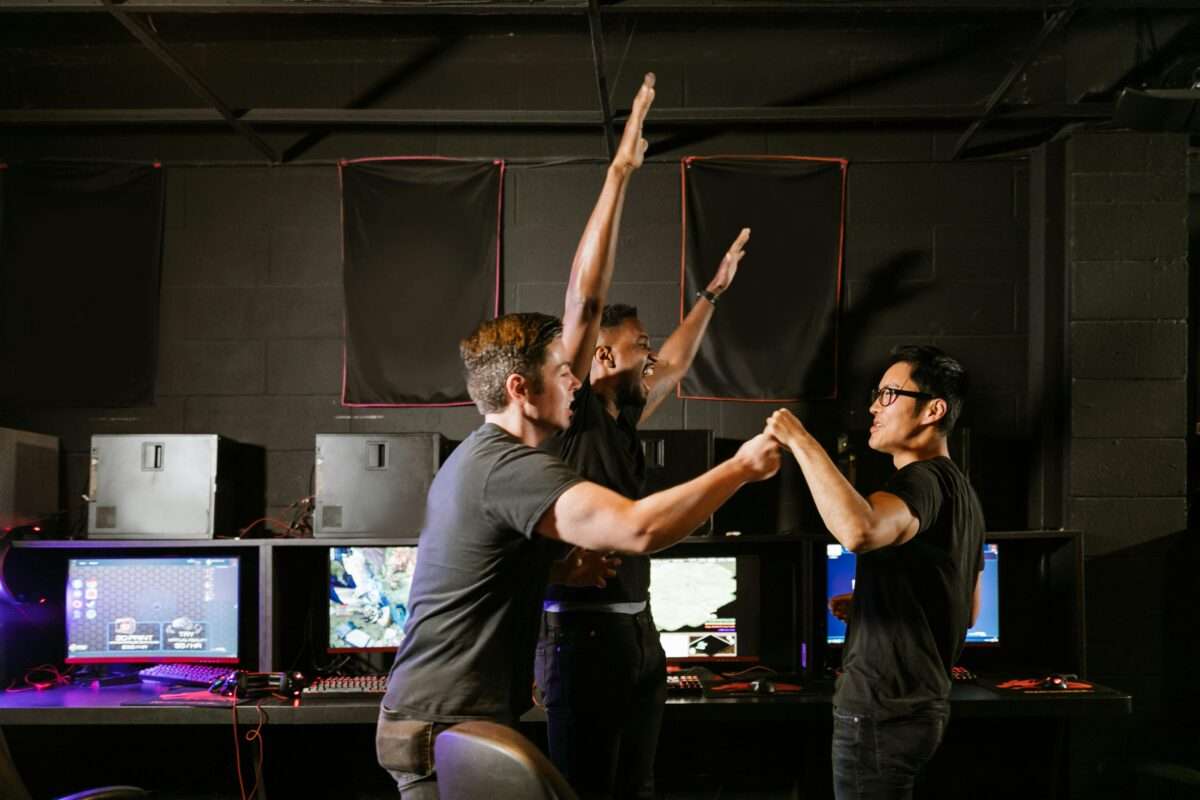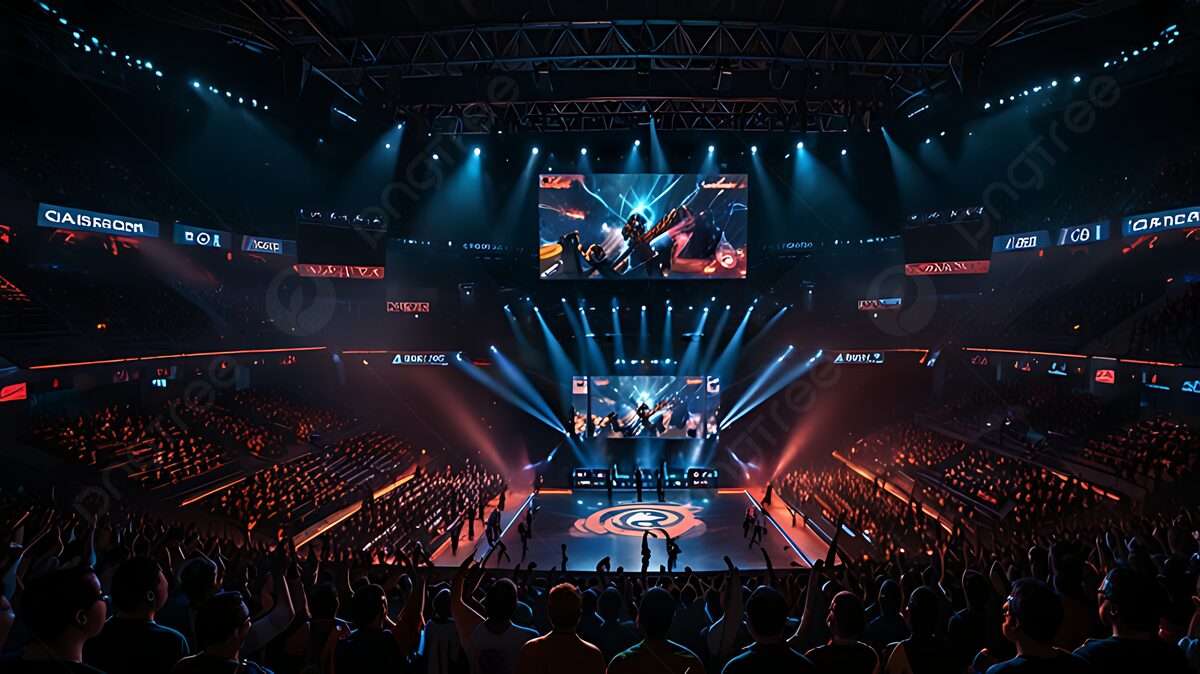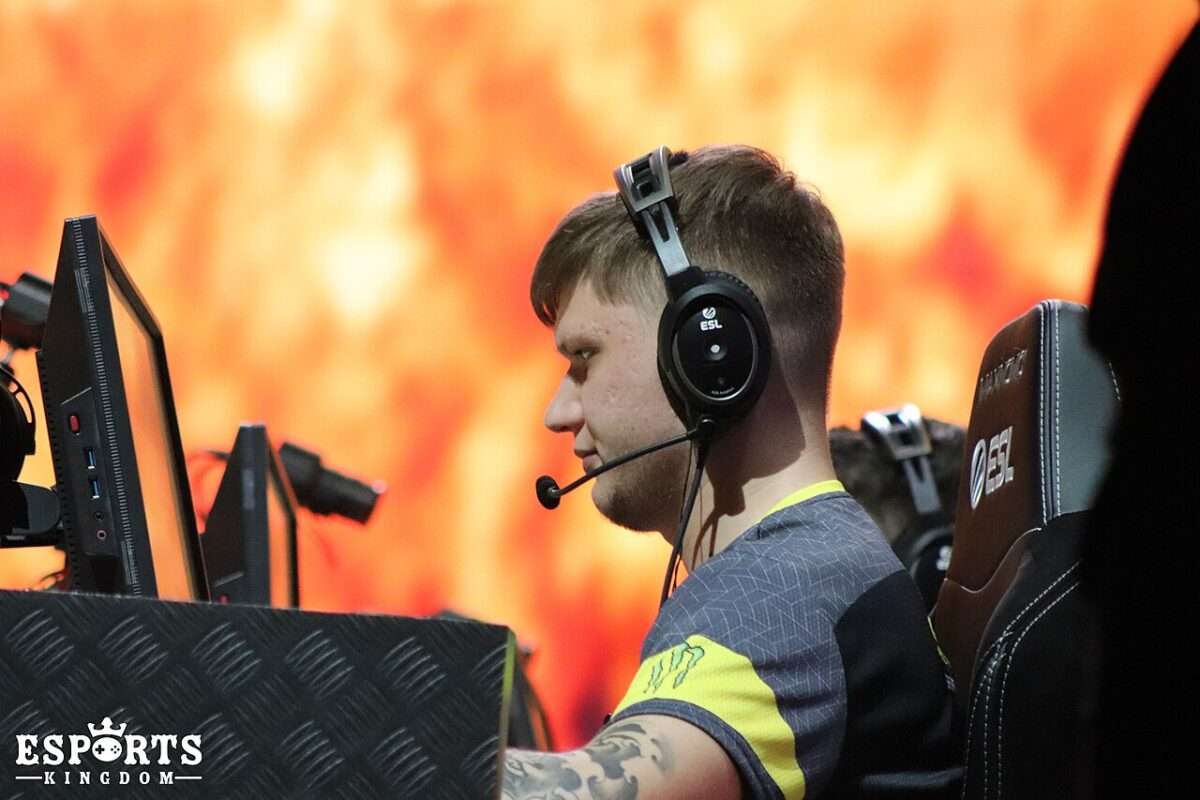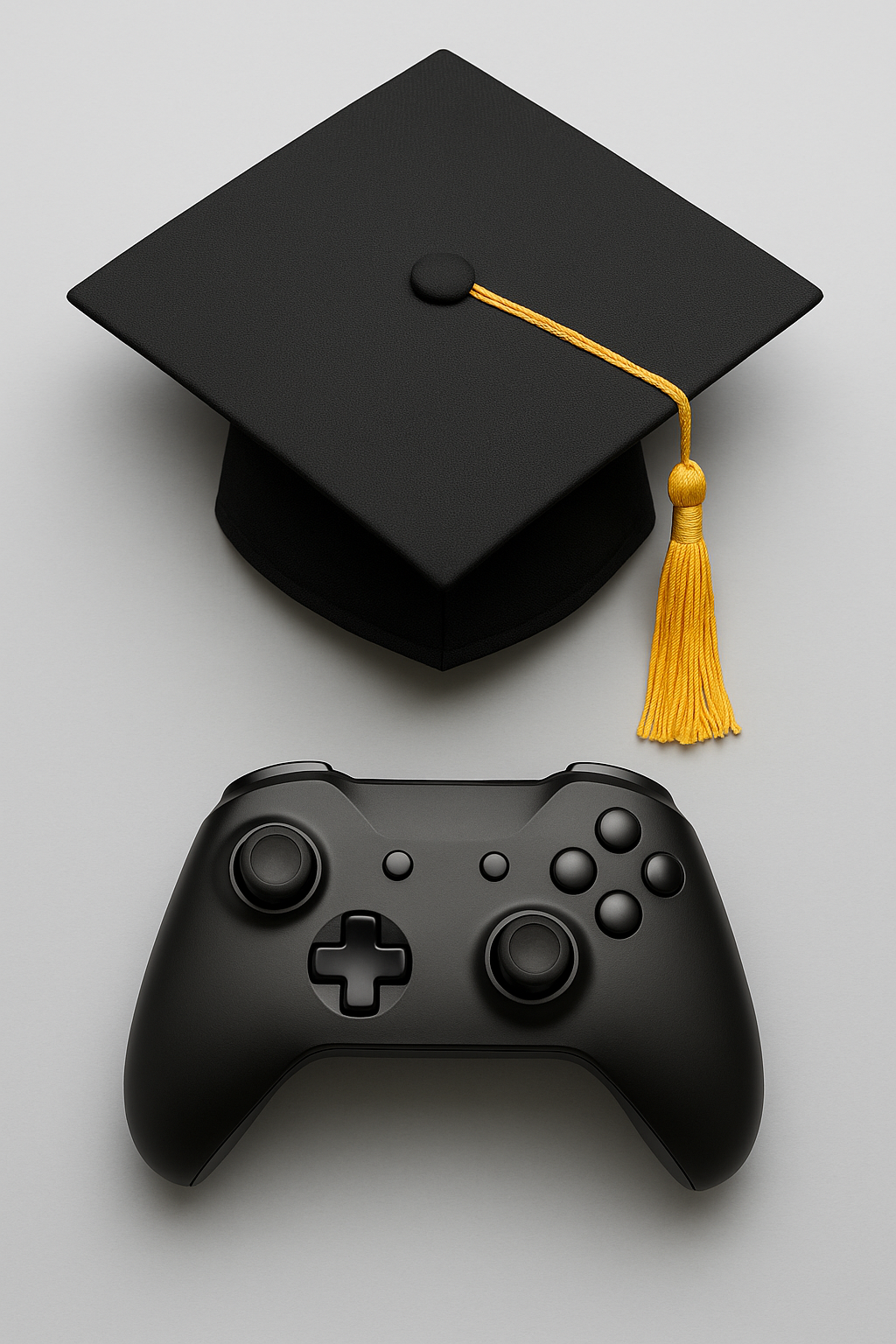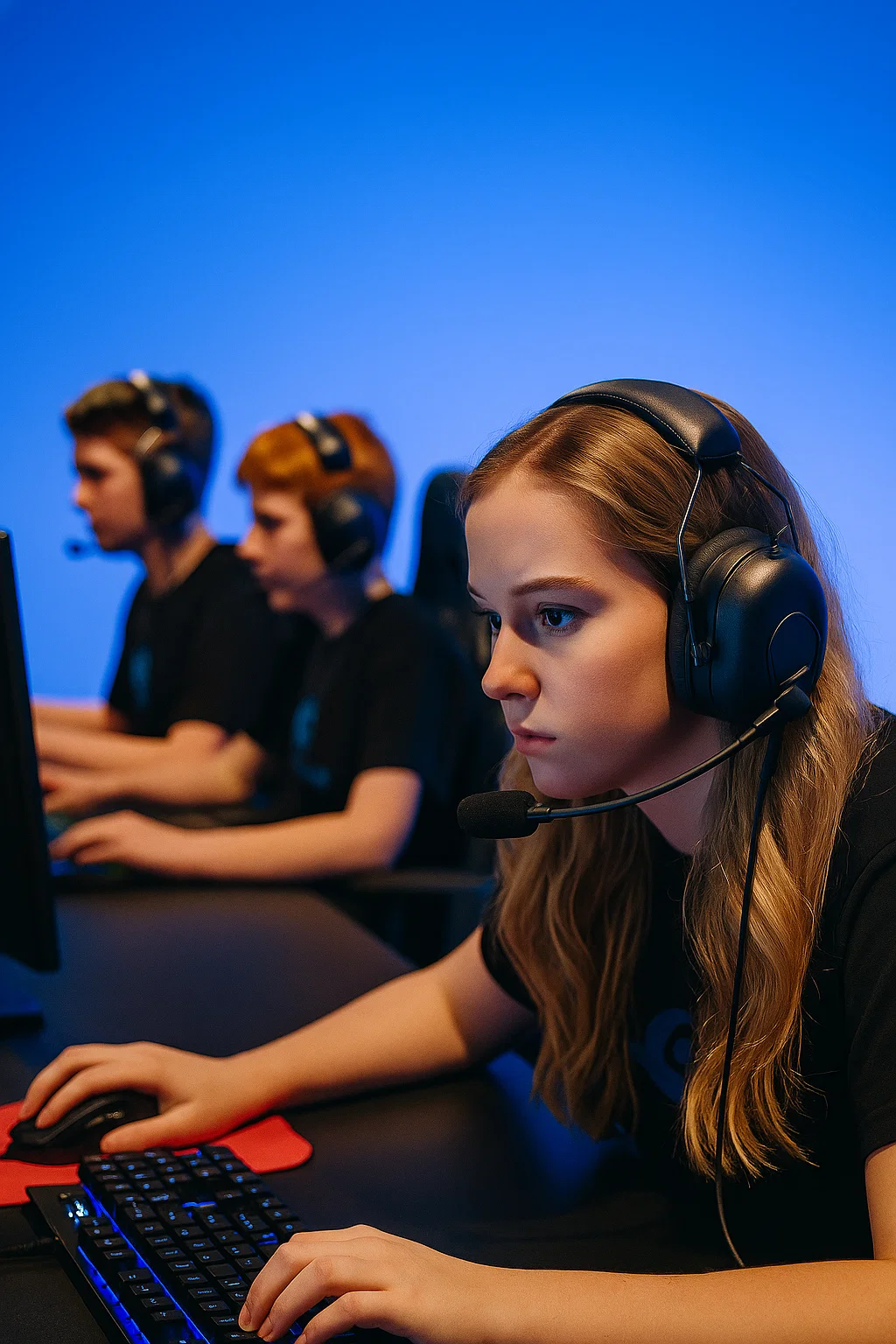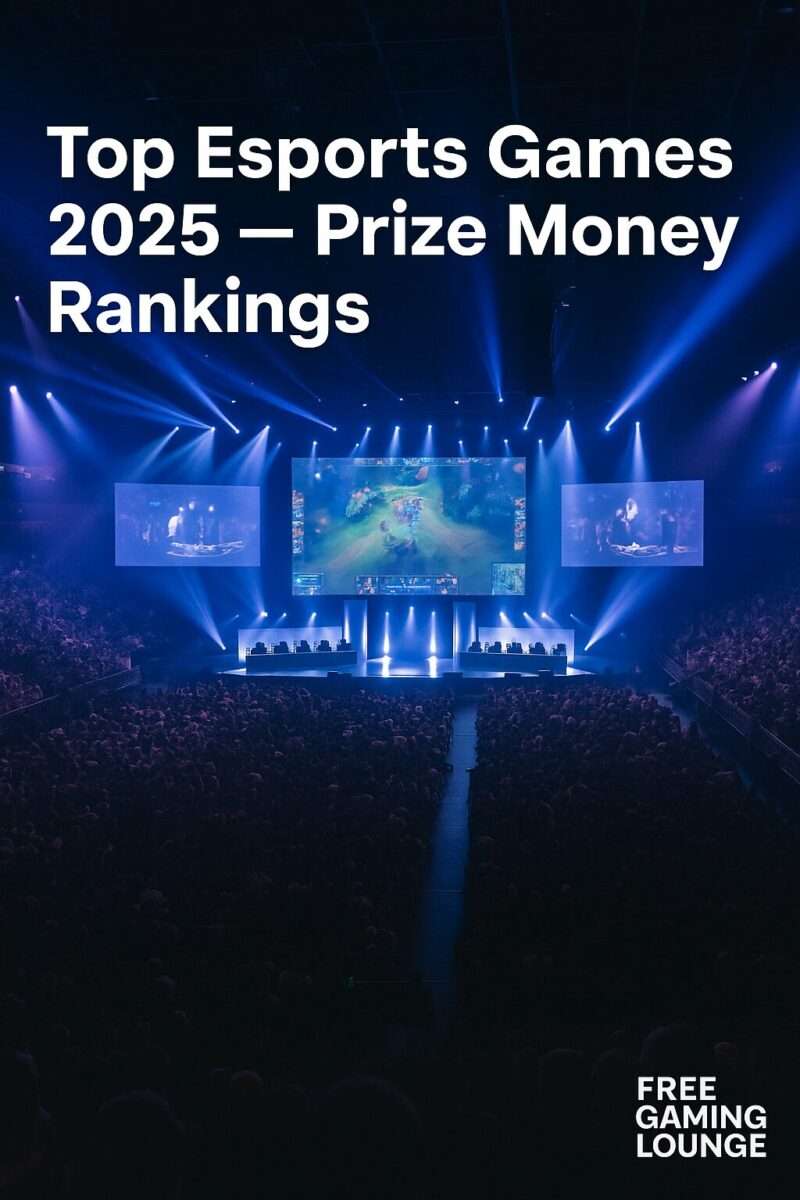How to Practice for Esports (Without Grinding All Day)
One goal. Tiny drills. Small wins that stack. Works in any competitive game.
Last updated:
Part of our Esports Hub — learn how to join a team and enter tournaments.
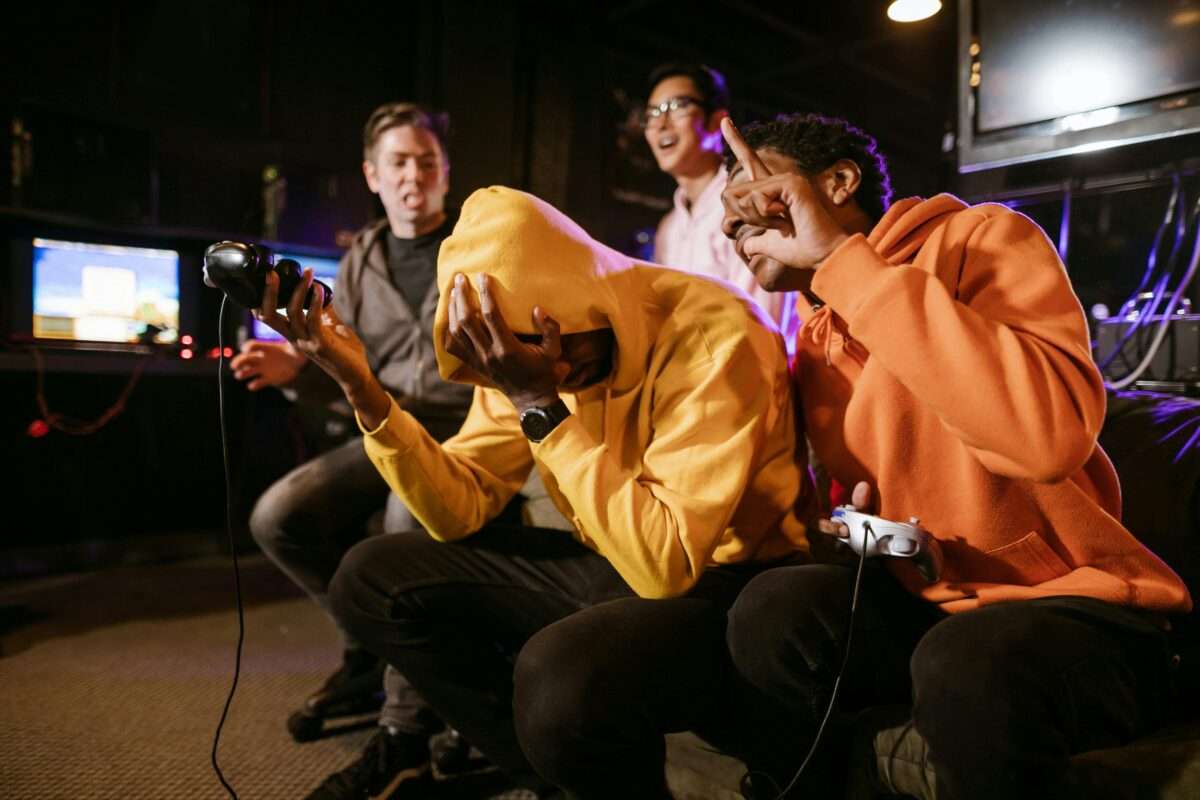
How to Practice for Esports: A Simple Routine That Works
If you’re wondering how to practice for esports, you don’t need a six-hour grind or a pile of coaching videos. Real improvement comes from practicing one small skill on purpose inside real matches. This method is short, repeatable, and works in any competitive game: pick a focus, warm up the exact motion, aim for five honest attempts, then write one quick note so tomorrow starts faster.
Before You Grind: How Improvement Actually Works
Most players queue up and “try harder,” but nothing really changes. Improvement is different: choose one small skill, learn the moment where it matters, and repeat it until your hands do it automatically. It’s the logic behind practiced combos, clean rotations, and predictable reactions. Repetition builds calm confidence.
Playing to Win vs Playing to Improve
Playing to win means leaning on the moves you already trust. Playing to improve means giving yourself permission to try a new skill, even if it looks messy at first. Do both: get five honest attempts at your focus early in the session, then switch to full “win” mode. You’re investing a few reps into future skill without throwing the match.
Pick Today’s Focus (30 Seconds)
Keep it short enough to remember mid-game — five words or less. Notice what usually goes wrong:
• Hands slipping or mechanics are shaky → Execution
• Unsure when to move or act → Awareness
• Win fights but nothing happens after → Follow-Through
Write it once. That’s today’s job.
Your Tiny Esports Practice Routine
Warm up for five minutes with motions that match your focus. Slow your aim down and make it smooth, rehearse one controlled movement pattern, or run the first minute of your usual opening until it feels calm and easy. Then queue up.
Pick a moment that happens every match — every reset, every engagement start, every respawn. When that moment comes, do your focus on purpose. Misses still count. Once you’ve done it five times, stop thinking about drills and play to win. After the match, write one sentence describing how to make it a little cleaner tomorrow.
Review Without Overthinking
You don’t need a long replay session. Rewatch two moments: one where you attempted the skill, and one where you could have. Watch once at full speed, once slower. Turn the takeaway into your sentence for tomorrow. If you can’t find your focus in the match, the focus was too vague — rewrite it simpler.
How to Choose What to Train Next
Look at your last couple matches and ask: did I lose because my hands slipped, my timing was late, or I didn’t follow through after winning? That answer selects your next focus. Stay with one area a few days so it sticks.
Three Signs Your Esports Practice Is Working
The game feels quieter. You catch the moment earlier. And the new habit still shows up when you’re tired or frustrated. Don’t chase perfect stats while practicing. Look for those signals — rank follows once habits stabilize.
A Week That Builds Without Burning You Out
Early week: execution (small mechanical reps).
Mid-week: awareness (one situation or timing used on purpose).
Late week: follow-through (turn wins into progress).
If two matches tilt you, stop for ninety seconds, water, breathe, one calm warm-up rep, then requeue only if your plan still feels clear.
Keep a Tiny Log
Write the date, today’s five-word focus, how many attempts you got, and your one sentence for tomorrow. It keeps progress obvious and keeps you from drifting back to autopilot.
Practice Guides for Specific Games (Coming Soon)
This page teaches the method. Next, we’ll break down how to practice for individual titles — movement patterns, timing cues, and common mistakes. Those guides will appear under this page.
Start Now
Write today’s focus. Warm up for five minutes. Play one match and get five real attempts. Write tomorrow’s sentence. That’s the whole system. If you want to explore how competitive formats and events are structured, a solid reference is Liquipedia.
